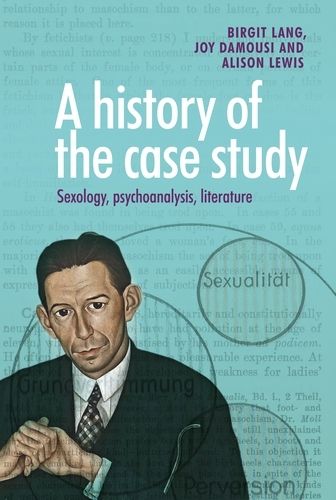Readings Newsletter
Become a Readings Member to make your shopping experience even easier.
Sign in or sign up for free!
You’re not far away from qualifying for FREE standard shipping within Australia
You’ve qualified for FREE standard shipping within Australia
The cart is loading…






This collection tells the story of the case study genre at a time when it became the genre par excellence for discussing human sexuality across the humanities and life sciences.It is a transcontinental journey from the imperial world of fin-de-siecle Central Europe to the interwar metropolises of Weimar Germany and to the United States of America in the post-war years.
Foregrounding the figures of case study pioneers, and highlighting their often radical engagements with the genre, the book scrutinises the case writing practices of Sigmund Freud and his predecessor sexologist Richard von Krafft-Ebing; writers including Leopold von Sacher-Masoch and Alfred Doeblin; Weimar intellectuals such as Erich Wulffen and psychoanalyst Viola Bernard. The results are important new insights into the continuing legacy of such writers and into the agency increasingly claimed by the readerships that emerged with the development of modernity. – .
$9.00 standard shipping within Australia
FREE standard shipping within Australia for orders over $100.00
Express & International shipping calculated at checkout
This collection tells the story of the case study genre at a time when it became the genre par excellence for discussing human sexuality across the humanities and life sciences.It is a transcontinental journey from the imperial world of fin-de-siecle Central Europe to the interwar metropolises of Weimar Germany and to the United States of America in the post-war years.
Foregrounding the figures of case study pioneers, and highlighting their often radical engagements with the genre, the book scrutinises the case writing practices of Sigmund Freud and his predecessor sexologist Richard von Krafft-Ebing; writers including Leopold von Sacher-Masoch and Alfred Doeblin; Weimar intellectuals such as Erich Wulffen and psychoanalyst Viola Bernard. The results are important new insights into the continuing legacy of such writers and into the agency increasingly claimed by the readerships that emerged with the development of modernity. – .